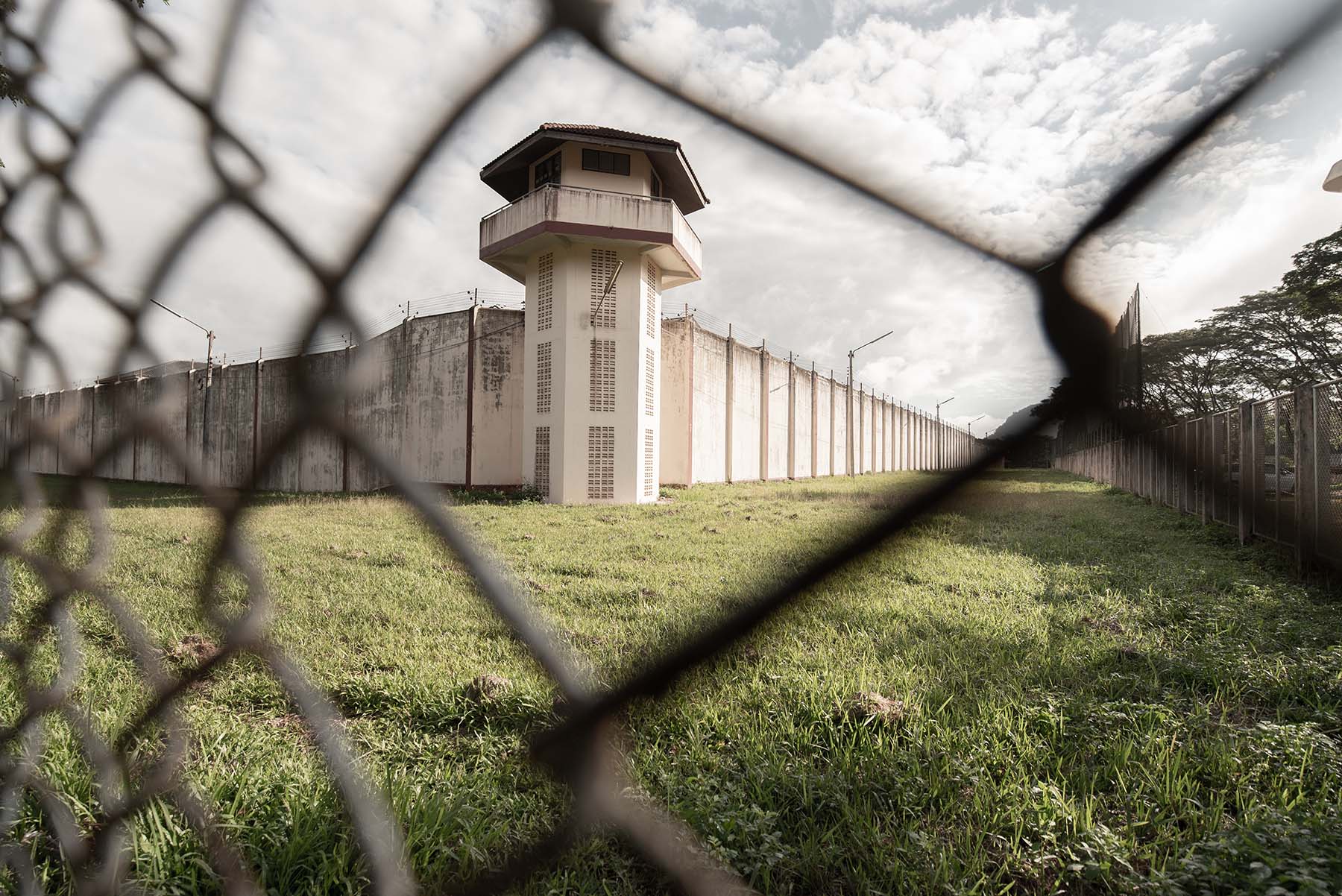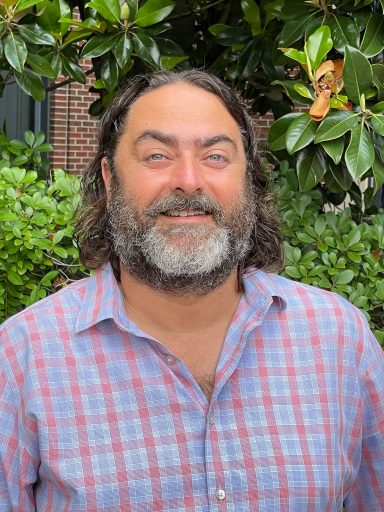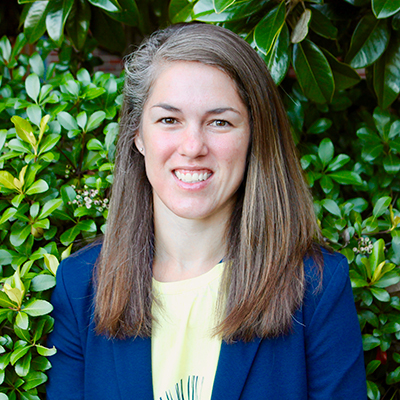
Researchers at the Florida State University College of Social Work are expanding their work in criminal justice settings to offer trauma-based behavioral health programming to youth 21 and under in adult jail settings.
With funding from the Florida Institute for Child Welfare (FICW), Associate Professor Stephen Tripodi, principal investigator, and Assistant Professor Tanya Renn, co-principal investigator, plan to launch Skills Training for Affective and Interpersonal Regulation, or STAIR, which aims to provide mental and behavioral health programming to youth incarcerated in adult correctional facilities.

“Almost all incarcerated people, including younger incarcerated people, have experienced significant trauma and need trauma-based programming,” Tripodi said. “Youth incarcerated in adult jail settings are even more likely to suffer from trauma and mental health issues than other adolescents involved in the juvenile justice system. Correctional facilities struggle to respond to symptoms and consequences of the lifetime of traumatic experiences of its populations, such as mental health and substance use disorders, PTSD, impulsivity, aggression and struggle with coping mechanisms.”
Short-term interventions like STAIR are flexible and can improve individuals’ well-being while incarcerated and their outcomes when they reenter society or transition to other correctional facilities.
“Many youth who become involved in the justice system have suffered from adverse childhood experiences, and youth with child welfare system involvement have an additional increased risk for justice involvement due to acute mental and behavioral health needs that may be unmet,” Renn said.
Renn is eager to connect with youth in local correctional facilities. There are over 80 incarcerated people in Florida’s Second Judicial Circuit under age 21 and over 60 at the John E. Polk Correctional facility in Seminole County.
“The majority of research on trauma experiences and interventions among incarcerated populations has focused on state and federal prisons, while little is known about the experiences of populations in local jail/correctional facilities due to the short-term nature of stays and logistical factors that make conducting research difficult,” she said.
Katie Berry, interim associate director of research at the FICW, said she is proud to support the intervention research.

“We know that, in general, many incarcerated youth are at risk or have been involved with the child welfare system in their childhood,” Berry said. “Prioritizing the well-being of this population is a natural partnership between our sister institutes in improving overall well-being for vulnerable youth and their families.”
Previous studies on the feasibility of implementing the STAIR program at the John E. Polk Correctional Facility in Sanford, Florida, showed success in both implementation and adult participants’ willingness to discuss their experiences and excitement to acquire new skillsets as they navigate their way to reentry into society.
“It is important to recognize the immediate value of research-based studies, particularly for individuals under 21, in the context of trauma-informed care,” said Seminole County Sheriff Dennis Lemma. “Understanding the profound impact of trauma on young lives helps us develop effective strategies for their healing and rehabilitation. I am grateful for these continued research studies and partnership with Florida State University. By integrating evidence-based practices, we can better support these individuals, reducing recidivism and fostering healthier communities.”
The project also includes collaborating with Public Defender Jessica Yeary and the 2nd Judicial Circuit Public Defender’s Office.
“The practice of sentencing children into harsh and punitive adult jail and prisons is contradicted by science,” Yeary said. “Research into adolescent brain development shows that youth are more likely than adults to be permanently traumatized by the harsh realities of the adult system and are much more likely to respond positively to rehabilitation available from juvenile programs.”
Yeary added, “We are incredibly proud of this partnership and are confident that trauma-informed therapy and counseling will have a profound effect on our clients and their families. This new resource is one of many first steps toward recognizing that children and young people are deserving of support and second chances.”



